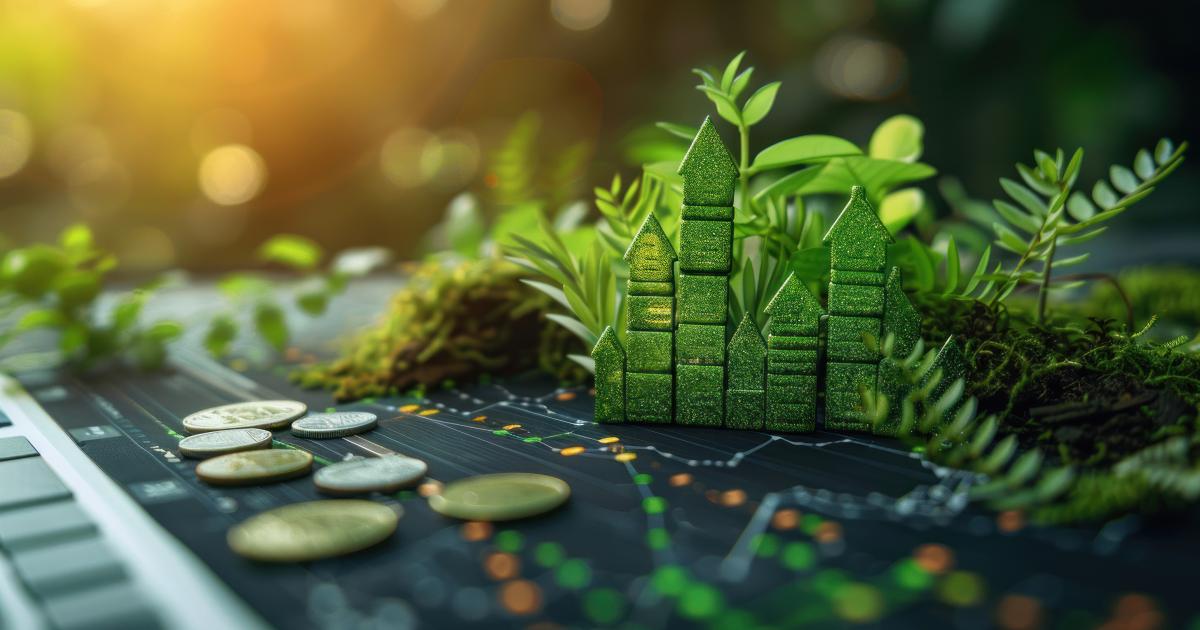The bioeconomy may be a relative unknown when it comes to environmental policy, but its significance and impact could not be greater.
Read on to find out everything you need to know about why the bioeconomy is so important to Europe’s future.
1. What is the bioeconomy?
The bioeconomy is all about utilising renewable biological resources – such as plants, animals, and microbes – to produce food, materials, and energy. The EU bioeconomy encompasses a wide range of sectors, from farming and forestry to cutting-edge biotech and bio-based industries.
You’ll find it in everything from sustainable packaging and bioplastics to wooden buildings and algae-based cosmetics. In the EU, it’s worth over €2.4 trillion.
2. It provides millions of jobs across Europe
The EU bioeconomy provides work for around 17.2 million people in the EU, many in rural regions. New employment opportunities are emerging in fields like biotechnology, sustainable farming, and bio-based manufacturing.
3. Sectoral innovation is driving change
From lab breakthroughs to real-world solutions, research and innovation are at the heart of the EU bioeconomy. EU-funded projects are developing new technologies like biofertilizers made of algae and biodegradable materials to replace plastics.
The challenge now is scaling up these innovations to an industrial level, so they can make a real impact across Europe’s economy and be competitive globally.
4. It is key to reaching the EU’s green goals
The bioeconomy is central to Europe’s transition to a sustainable and carbon-neutral economy. It helps cut emissions, reduce waste and replace fossil-based materials with renewable alternatives. Think of it as the EU’s way to grow the economy without harming the planet.
5. It strengthens Europe’s resilience
The bioeconomy reduces Europe’s dependence on imported fossil fuels and raw materials by using local, renewable resources. This helps build the EU’s strategic autonomy and makes our economy more resilient to global disruptions.
